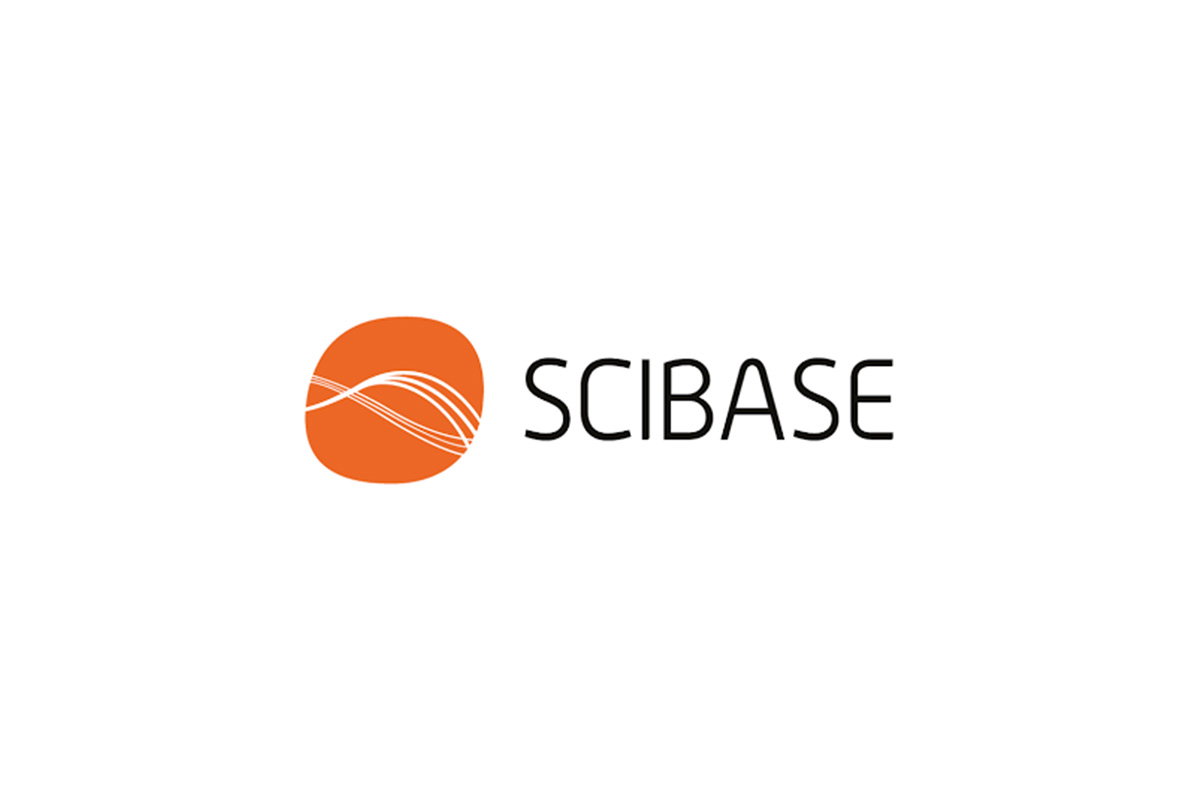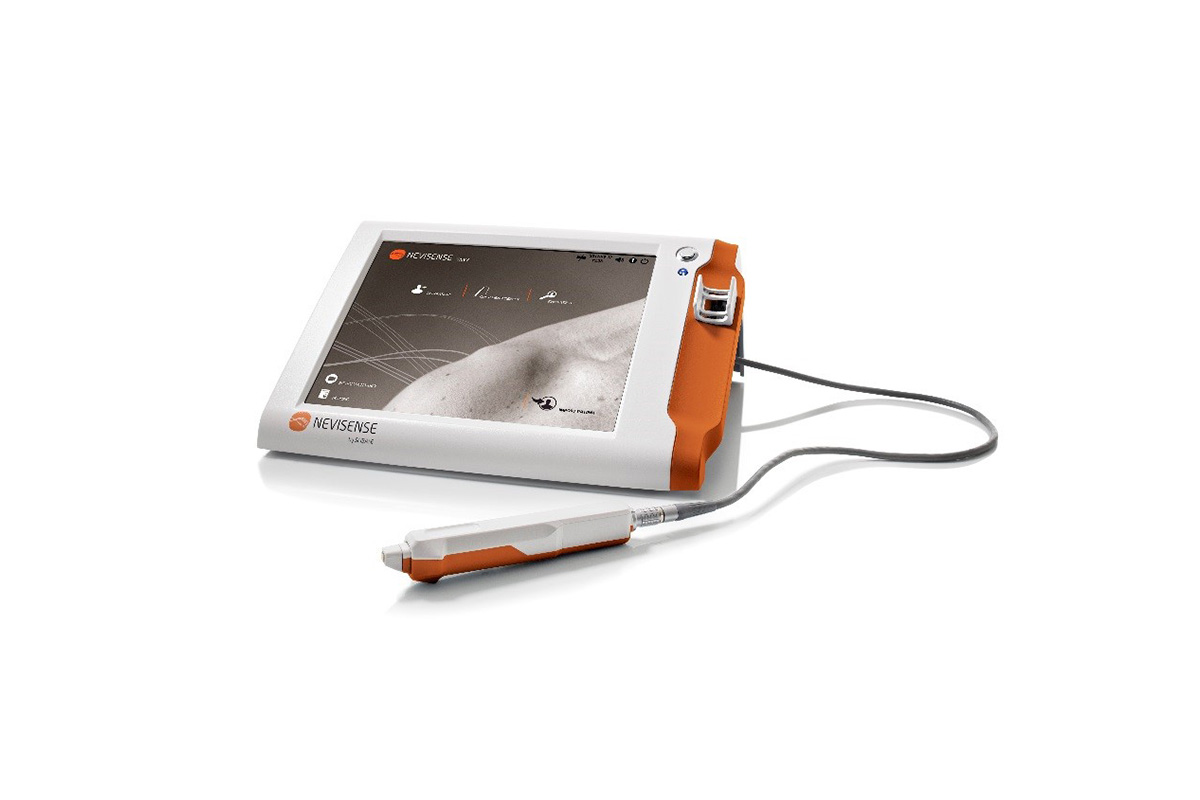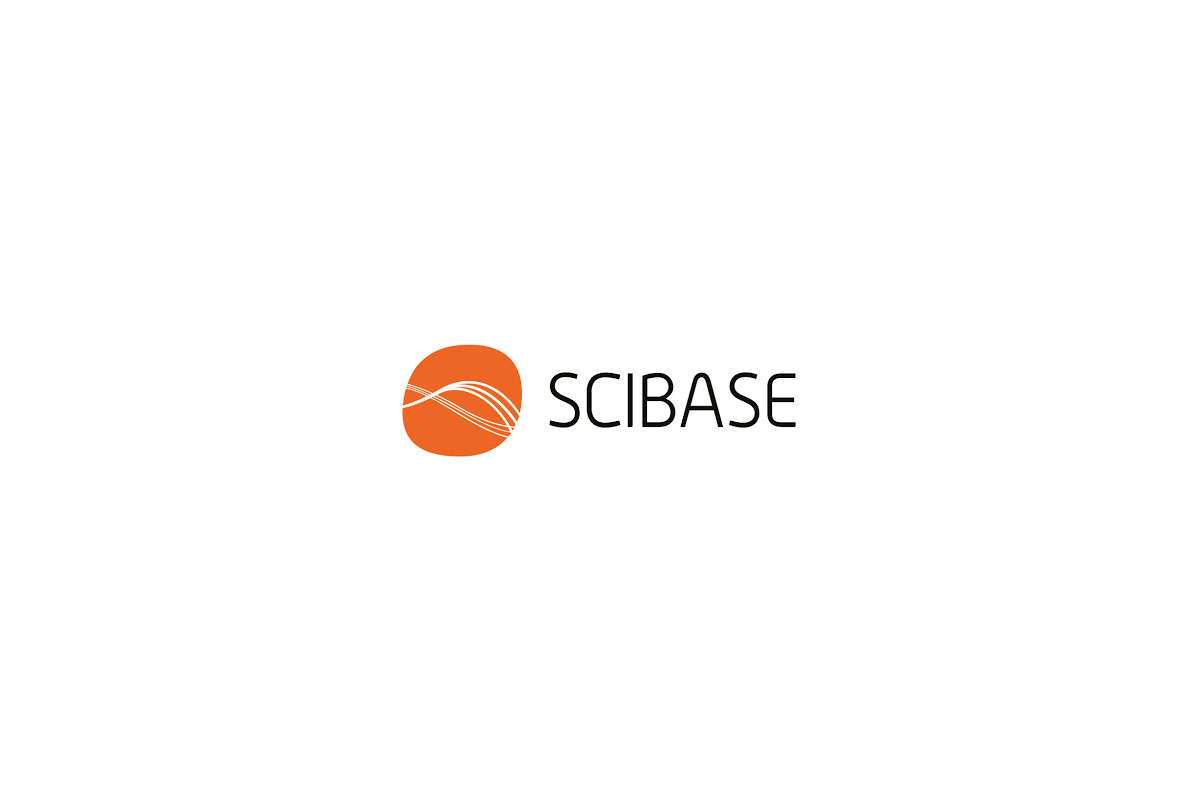
SciBase Holding AB (“SciBase”) [STO:SCIB], a leading developer of augmented intelligence-based solutions for skin disorders announced today that they have entered into a collaboration agreement with Bare Dermatology to pilot Nevisense in select locations in Texas. Bare Dermatology is a dermatology practice group in the Greater Dallas area, with five offices and a team of nationally renowned dermatologists. The agreement will provide Bare Dermatology with Nevisense, the only FDA-approved test for early melanoma detection at point-of-care.
“At Bare Dermatology, we strive to provide our patients with the highest standard of care. Nevisense can help us to identify melanoma at an early stage, which is critical for improving patient outcomes. Melanoma is a leading cause of death among skin cancers, but when detected early, it has a nearly 100% cure rate. Our patients deserve medical care with the most advanced technology we can provide.” said Dr. Aaron Farberg, Chief Medical Officer of Bare Dermatology. Dr. Farberg was recently ranked by his dermatology colleagues in Newsweek Magazine as the #1 medical dermatologist in Texas and #5 in the United States.
“We are excited to together with Bare Dermatology support their efforts to provide the highest quality care to their patients through the use of Nevisense, the only FDA approved melanoma detection technology at point-of-care. SciBase is focused on addressing the need for early melanoma detection in the highest at-risk patient population in the U.S. We are expanding in the areas where melanoma rates are high and where patients have access to the Nevisense test fee schedule from Medical Administrative Contractors (First Coast of Florida and Novitas). We are pleased to collaborate with Bare Dermatology as we expand across the US to address the early detection of melanoma needs”, said Pia Renaudin, appointed Chief Executive Officer of SciBase.









